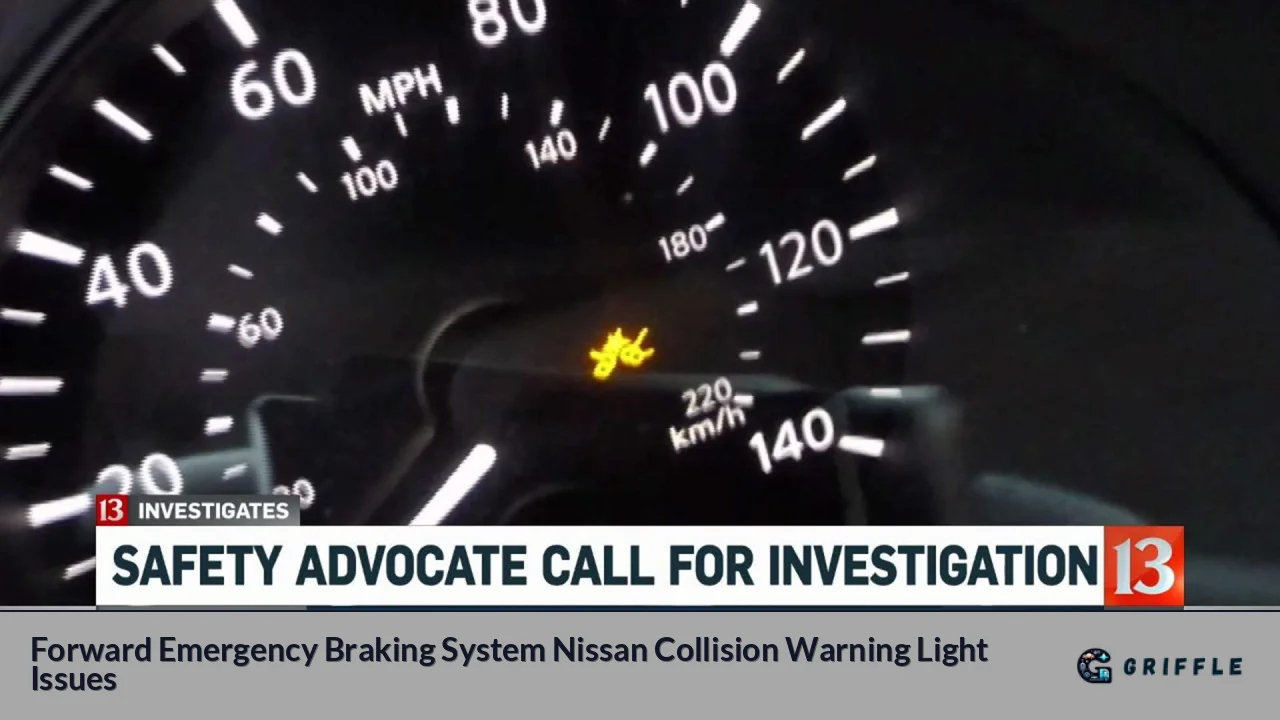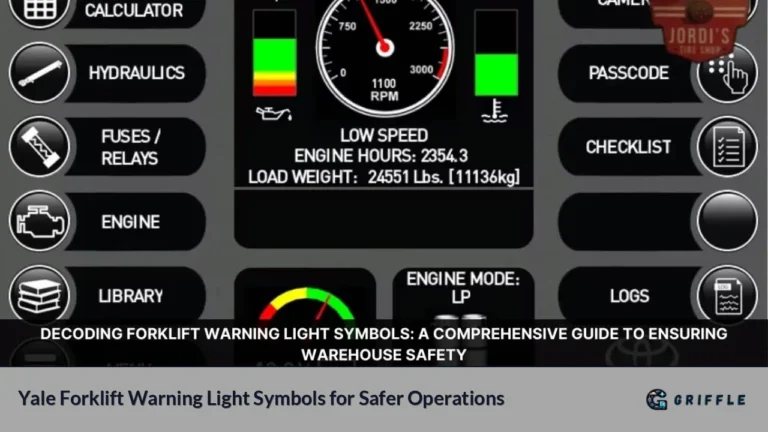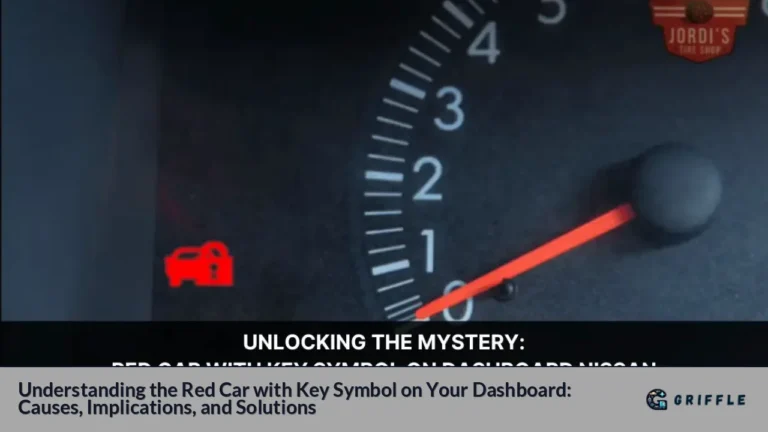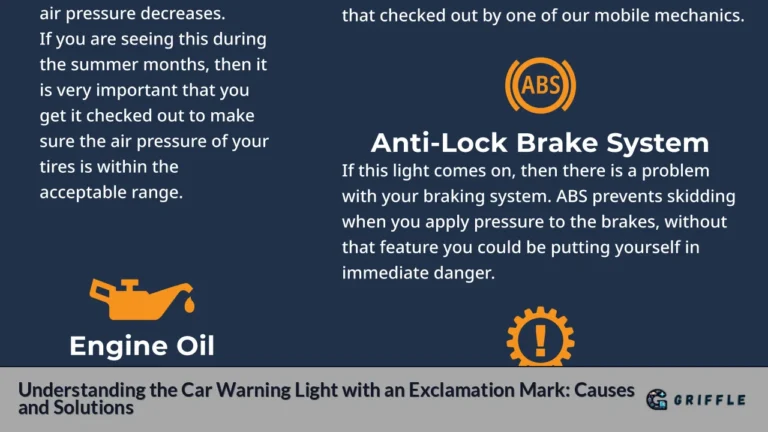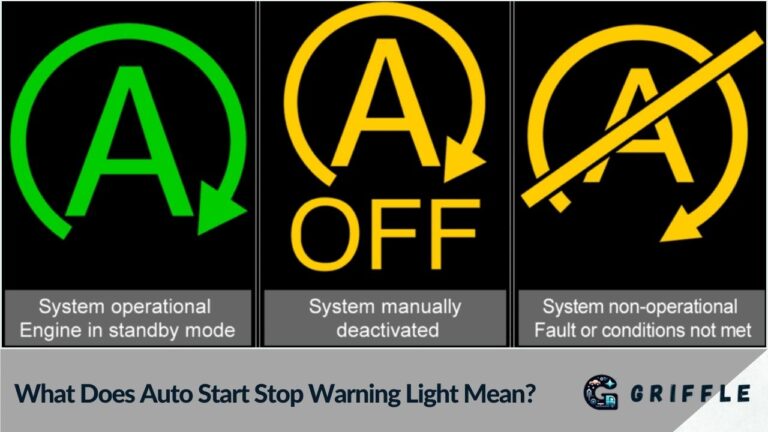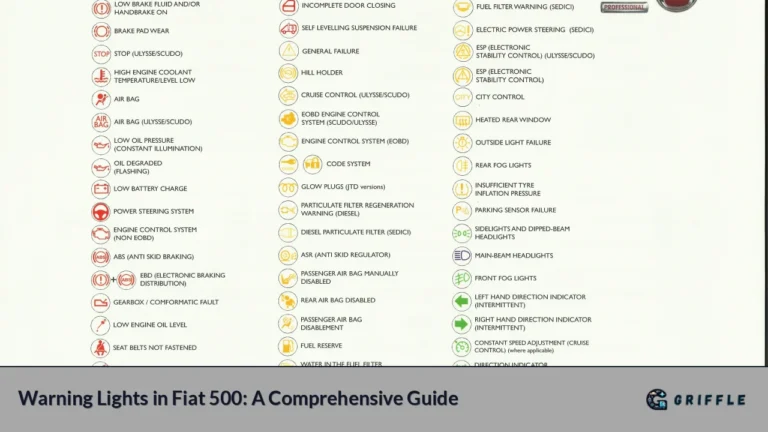Nissan's Forward Emergency Braking (FEB) system is a critical safety feature designed to prevent collisions by automatically applying brakes when an imminent crash is detected. This technology, while intended to enhance driver safety, has faced scrutiny due to reports of malfunctions and unexpected behavior. This article aims to provide an in-depth understanding of the FEB system, the common issues associated with it, and potential solutions for drivers experiencing problems.
The FEB system utilizes advanced radar and camera technologies to monitor the distance between your vehicle and others ahead. When it detects a potential collision, it provides visual and audible warnings to the driver. If no action is taken, the system can engage the brakes autonomously to mitigate or avoid a crash.
Overview of the FEB System
The Forward Emergency Braking system is part of Nissan's Intelligent Safety Shield technologies, which aim to enhance vehicle safety through various automated features. The FEB system operates using radar sensors located in the front grille and a camera mounted on the windshield.
How It Works
- Detection: The radar sensors continuously monitor the distance to vehicles or obstacles ahead.
- Warning: If a potential collision is detected, the system activates visual alerts on the dashboard and emits audible warnings to prompt driver action.
- Braking: Should the driver fail to respond adequately, the system will apply braking force automatically to either prevent or lessen the impact of a collision.
This technology functions effectively at speeds above approximately 5 km/h (3 mph) and is designed for use in various driving conditions, including urban environments and highways.
Common Issues with FEB
Despite its intended benefits, many Nissan drivers have reported issues with the Forward Emergency Braking system. Some of the most frequently encountered problems include:
- False Positives: Many users report that their vehicles' FEB systems engage unexpectedly, often due to misinterpretation of road conditions or non-existent obstacles. This phenomenon is commonly referred to as "phantom braking"[18].
- System Deactivation: The FEB system can deactivate itself without warning, displaying messages such as "Front Radar Unavailable Due to Obstruction." This can occur due to sensor blockages caused by dirt, ice, or other environmental factors[28].
- Inconsistent Performance: Users have noted that under certain conditions—like heavy rain or bright sunlight—the system may fail to function correctly, leading to an increased risk of accidents.
- Malfunction Indicator Light: The collision warning light may illuminate without any apparent reason, indicating a malfunction that could compromise safety features[29].
Technical Limitations
The effectiveness of the FEB system can be influenced by several factors:
- Sensor Obstruction: Dirt or debris on sensors can hinder their ability to detect objects accurately.
- Environmental Conditions: Weather-related factors such as fog, rain, or snow can interfere with sensor functionality.
- Calibration Issues: After repairs or modifications near the sensor area, recalibration may be necessary for optimal performance.
User Experiences
Numerous Nissan owners have shared their experiences regarding the Forward Emergency Braking system on various forums and review platforms. Here are some notable testimonials:
- One user reported that while driving at highway speeds, their vehicle suddenly braked without any visible obstruction ahead, nearly causing an accident with a vehicle behind them.
- Another owner mentioned frequent alerts about "front radar obstruction" during clear weather conditions, leading them to question the reliability of this safety feature[28].
- A third user expressed frustration over having to manually disable the system every time they start their vehicle because it automatically resets itself upon ignition[18].
These experiences highlight a significant concern among users regarding both safety and reliability.
Solutions and Recommendations
For drivers experiencing issues with their Nissan's Forward Emergency Braking system, several steps can be taken:
- Regular Maintenance: Ensure that sensors are clean and free from obstructions such as dirt or ice. Regularly inspect these areas as part of routine vehicle maintenance.
- Software Updates: Check with your dealership for any software updates related to the FEB system. Manufacturers often release updates that address known issues.
- System Calibration: If repairs have been made near the sensor area, ensure proper recalibration is performed by a qualified technician.
- Manual Override: Familiarize yourself with how to disable and re-enable the FEB system through your vehicle's settings if you find it overly sensitive or unreliable[29].
- Report Issues: Document any malfunctions and report them to Nissan or your local dealer; this feedback can contribute to broader safety assessments and potential recalls.
Conclusion
Nissan's Forward Emergency Braking system represents a significant advancement in automotive safety technology; however, its effectiveness can be compromised by various factors leading to user frustration and safety concerns. By understanding how this system operates and being aware of common issues, Nissan owners can take proactive steps to ensure their vehicles remain safe and reliable.
As technology continues to evolve in modern vehicles, ongoing communication between manufacturers and consumers will be crucial in addressing these challenges effectively.
FAQs
- What should I do if my FEB light is on?
Check for obstructions on sensors; if none are found, consult your dealer. - Can I turn off my FEB system?
Yes, you can disable it through your vehicle settings; however, it will reset when you restart your car. - How often should I clean my sensors?
Regularly inspect and clean your sensors during routine maintenance or whenever you notice performance issues. - Is there a recall for faulty FEB systems?
Check with your local dealer for any active recalls related to your vehicle model. - What causes false positives in my FEB system?
False positives can occur due to sensor blockages or environmental conditions affecting detection capabilities.
